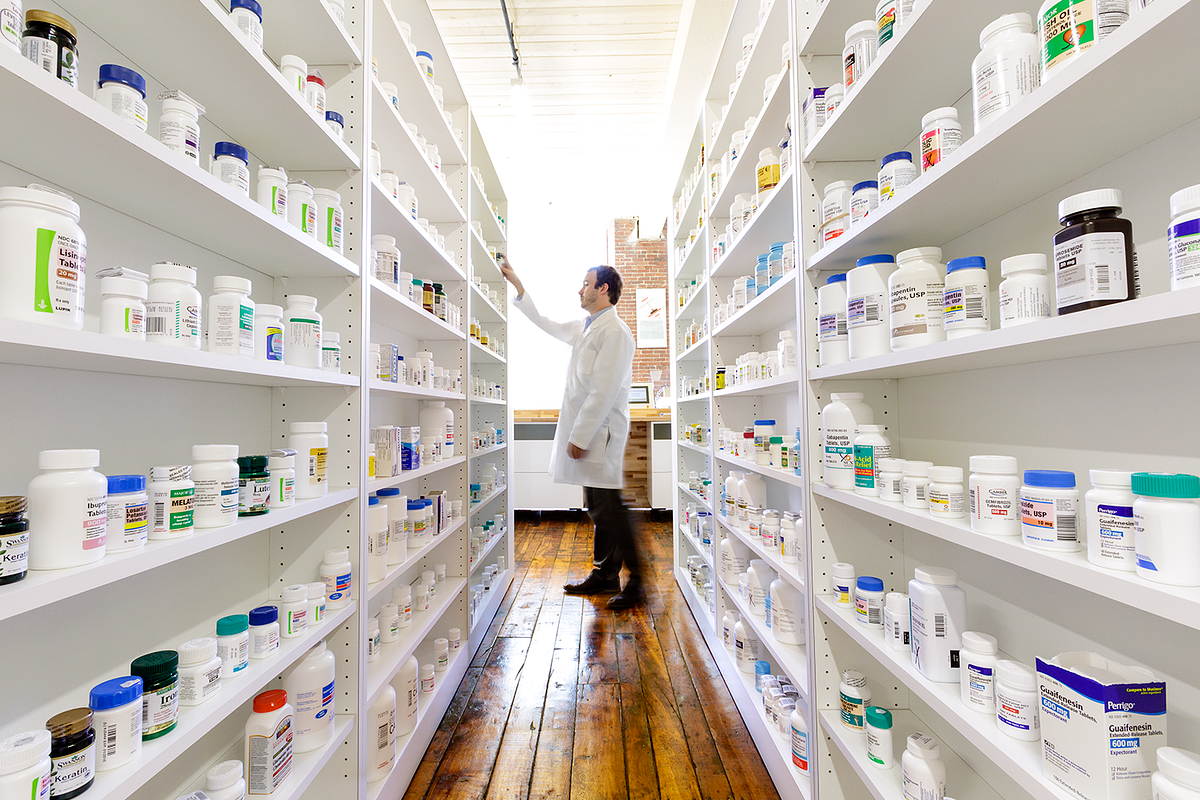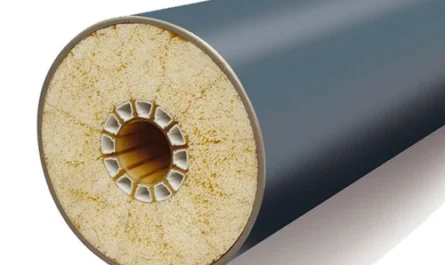Pharmaceutical compounding in the Netherlands has been a common practice for over a century. Today, there are many compounding pharmacies that continue providing important customized medications to patients.
History of Compounding in the Country
The tradition of compounding medicines originated in the Netherlands dating back to the 1800s. In the early days, pharmacists would spend hours mixing and preparing medications individually for each patient based on doctor’s prescriptions. During the 20th century, as new drug manufacturing technologies emerged, compounding declined but remained an important option for special cases.
Several pioneering pharmacists established some of the earliest dedicated Netherlands Compounding Pharmacies in major Dutch cities in the 1940s-50s. Over the following decades, a growing number of pharmacists received advanced training to specialize in non-standard medication formulations. This helped establish compounding as a niche but integral part of pharmaceutical services in the Netherlands.
Types of Compounding Pharmacies
There are two main categories of compounding pharmacies in the country based on their scale and scope of operations:
– Small Community Pharmacies: Traditionally, many local pharmacies offer basic compounding of creams, ointments and other simple formulations on demand. This helps meet occasional needs of rural/elderly patients.
– Large Specialized Centers: Since 1990s, some 20-30 large compounding centers have emerged, equipped with specialized staff and facilities. They undertake complex preparations, sterile productions and manufacture for hospitals nationwide.
These centers apply pharmaceutical manufacturing standards to produce medications in industrial quantities. Yet, they maintain a personalized, patient-centric approach of traditional compounding.
Regulations for Compounding Pharmacies
The Netherlands has established strict regulatory standards and guidelines for compounding practices through various agencies including the Medicines Evaluation Board and Inspectorate for Health Care.
Key requirements mandate verification of Netherlands Compounding Pharmacies accuracy and sterility at each pharmacy. Special training certifications are required for staff involved in non-sterile and sterile compounding work. Regular inspections ensure compliance on Good Compounding Practices.
Detailed documentation of formulations, batch production records, expiration dates, and distribution records must also be maintained. These regulations help ensure patient safety and product quality from Dutch compounding centers.
Demand for Compounding Services
The demand for custom medications in the Netherlands remains substantial due to several factors:
– Pediatric Patients: Compounded medications allow for flexibility in dosages, flavors and dosage forms suitable for children with medical needs. Over 25% of pediatric patient population rely on customized formulations.
– Allergies/Intolerances: Some patients cannot tolerate common excipients or dyes used in commercial drugs. Compounding lets pharmacists alter formulations to suit these special needs.
– Veterinary Medicines: Many veterinary practices have their own in-house compounding facilities or outsource to specialized compounding pharmacies for tailored pet medications.
– Cosmeceuticals: An expanding scope of compounding in the cosmetic field creates customized soaps, lotions and other preparations for dermatological purposes.
– Hospitals and Clinics: Due to shortages or formulary needs, large compounding centers cater to specialized medication requirements of hospitals nationwide.
Netherlands continues promoting compounding as a vital patient-care service alongside traditional pharmacy operations. Trends indicate opportunities for:
– Growing veterinary, equestrian and zoological compounding with popularity of animal medicines.
– Cosmeceutical products meeting rising interest in natural, customized skincare routines.
– Specialization in specific therapy areas such as oncology, pediatrics, hormone replacement etc.
– Adopting advanced technology for automation, standardization and quality enhancement.
– Partnerships with international compounders to share innovations and expand global services.
With a skilled workforce and rigorous quality standards, Dutch compounders are well-equipped to sustain this niche healthcare sector into the future supporting medical and community needs. Compounding will remain an essential part of the Netherlands’ pharmaceutical landscape.
*Note:
1. Source: Coherent Market Insights, Public sources, Desk research
2. We have leveraged AI tools to mine information and compile it



